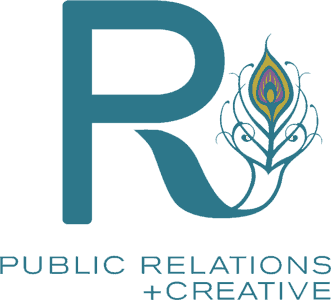In the words of Steve Forbes, Chairman and Editor-in-Chief of Forbes Media, “Your brand is the single most important investment you can make in your business.” An organization’s brand is a holistic representation of all it is and all it hopes to be.
One crucial, time-tested way to examine these communicated and perceived messages and their impact on the organization and its public perception is by conducting a brand audit. This evaluation can be a tool for all businesses, small or large, to ensure that stakeholders and key audiences receive and interpret their goals as intended.
Accordingly, the information included in these audits is critical for the organization’s broader vision and strategic planning.
What is a brand audit?
Before we discuss how a brand audit can strengthen strategic planning efforts, it’s necessary to understand what it is and what it is composed of.
According to Indeed, “A company uses a brand audit to evaluate how its brands or products are positioned in its markets. Brand positioning is how a customer recognizes or recalls your brand and where your brand fits in an overall market. The audit reviews data to identify areas where your company can improve its brand’s positioning and overall performance.”
An audit can include a vast array of information, but its purpose is always to assess the brand’s identity, strengths, weaknesses, opportunities, threats and goals.
At R Public Relations (RPR), our brand audits are comprised of numerous diverse components, including mood boards, tone and marketing assessments, SWOT analysis, value propositions, target audience personas, stakeholder analysis, key trends and timelines.
When developing client audits, we ensure that our findings speak to the brand’s visual identity, mission, tone, alignment with audience expectations, perception from customers and of competitors and consistency across all communication channels.

Importance of a brand audit
This data is what makes a brand audit so impactful and dynamic.
Today, industries and markets worldwide face an increasing number of competitors and an influx of noise with the potential to muddy messaging and make brands of interest more difficult to find.
Offering top-of-the-line products and services is no longer enough. To truly make an impact, organizations must ensure their branding is clear, consistent and impactful, and brand audits are the optimal way to accomplish this.
According to Aprimo, the research conducted for a brand audit mindfully explores the brand’s position in the market, allows a company to assess, enhance and elevate its messaging, and covers all aspects of the brand experience. This allows a brand to uncover its strengths and weaknesses, clarify its identity, develop a competitive advantage, digest customer insights, evaluate market trends and strengthen its strategic planning.
Bolstering strategic planning efforts
Of the benefits a brand audit presents, its ability to inform, streamline and enhance an organization’s success strategies is most important.
Within the strategic planning process, a brand audit can provide insight that guides development, marketing and audience engagement decisions. Furthermore, it clarifies the organization’s direction and consistency among team members and help set measurable growth goals. It ensures all actions are aligned in purpose and process and expose weaknesses or gaps in the brand preemptively.

One example of an organization effectively using a brand audit to inform its strategic planning is Coca-Cola. The beverage giant audited ever-evolving consumer preferences and market trends, revealing a developing desire for healthier options within the beverage industry. In response, Coca-Cola set its sights on diversifying and expanding its products to feature more health-conscious options like Coca-Cola Zero Sugar and Diet Coke.
Decisions such as this can help businesses remain relevant despite the dynamic desires of modern consumers.
Without conducting brand audits, organizations would be less capable of proactively identifying these threats and opportunities and may instead need to respond to changing markets reactively.
The more precise insights, brand alignment and marketing strategies an audit can produce are invaluable as they’re the tools that enable organizations to position themselves for long-term success.
For more information on how your organization can benefit from a brand audit, schedule a meeting with RPR today, where R business is your business.
